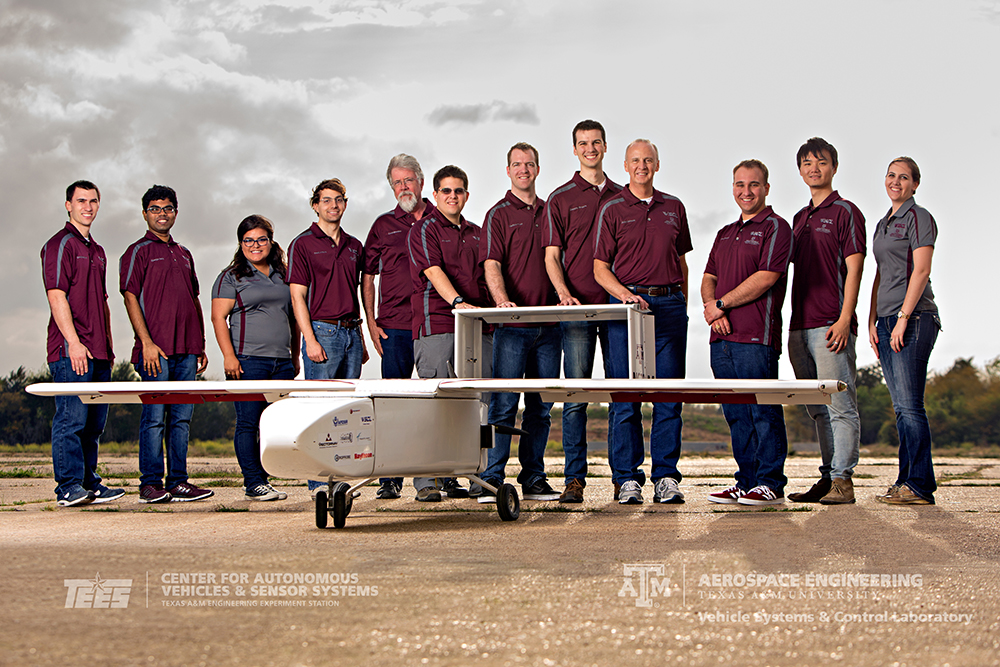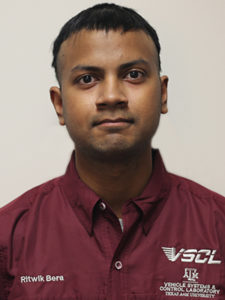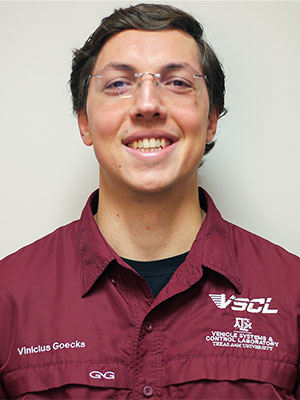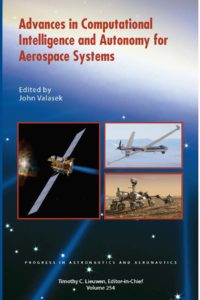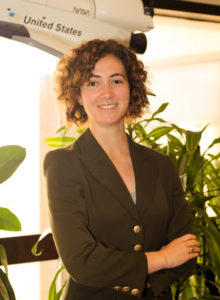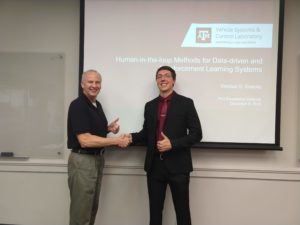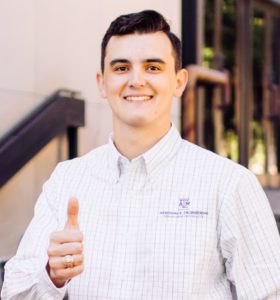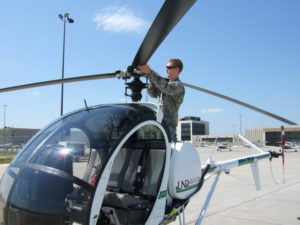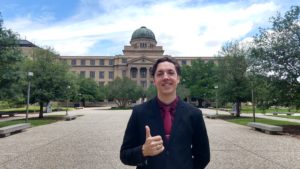
VSCL alumni Vinicius G. Goecks, who graduated with his Doctor of Philosophy degree in May 2020, has started his postdoctoral position at the US Army Research Laboratory, Aberdeen Proving Ground, MD. At the US Army Research Laboratory, Vinicius will be developing novel algorithms on human-in-the-loop reinforcement learning assisted by eye gaze and natural language commands applied to tasks where unmanned robotic agents are teamed with humans. He had joined VSCL in 2016 and had previously participated in Summer internships at the US Army Research Laboratory in 2017, 2018, and 2019.

